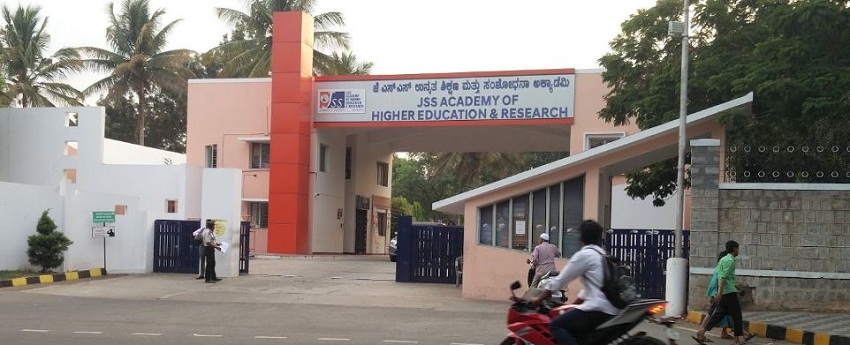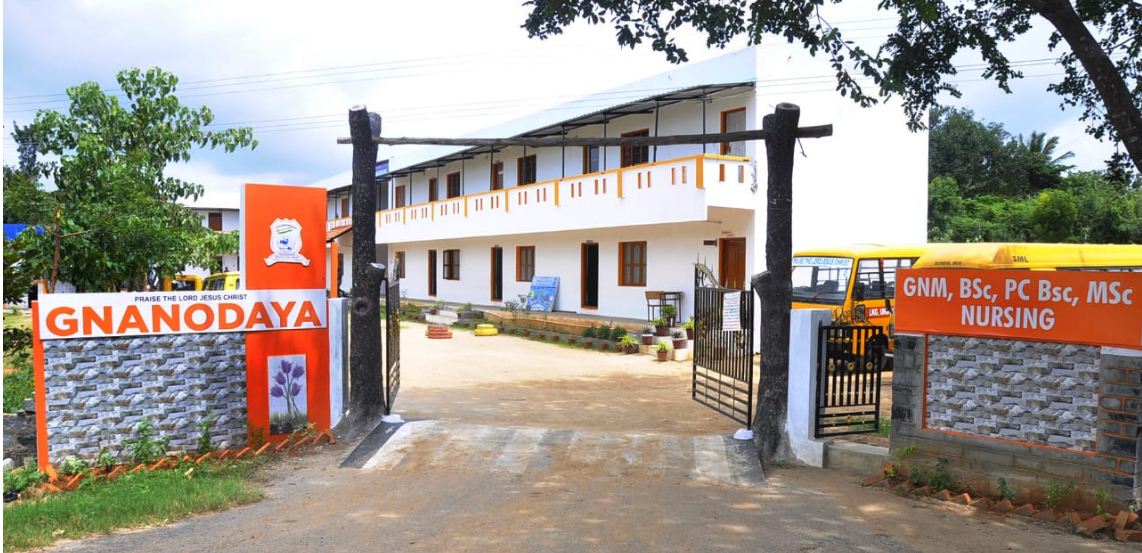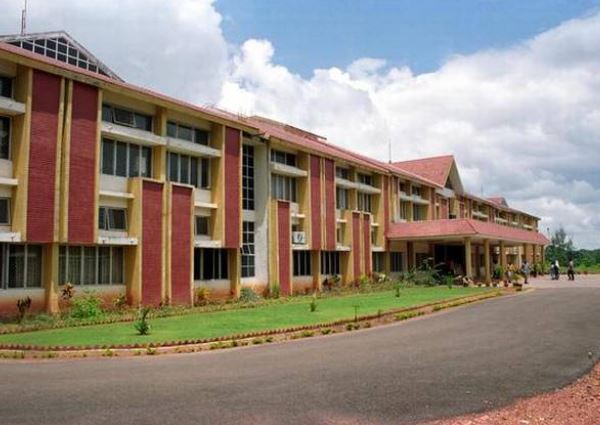
JSS Academy of Higher Education & Research Mysore
- University
- Co - Education
- ESTD 2008
- Medicine
Interested in this College?

Bachelor of Science (B.Sc) Emergency Medicine Technology
B.Sc. Emergency Medicine Technology
Course
B.Sc. Emergency Medicine Technology is an undergraduate Bioscience course. The course enables the candidate to be skilled in Basic Life support advanced cardiac Life support, transport of the critically ill, ventilation and monitoring of the patients in casualty and emergency department. Programs prepare individuals to respond to situations like accidents, heart attacks, childbirths and slip-and-fall injuries, and to assess, treat and manage emergency patient care. The course is career orienting in nature that opens many jobs for them after its completion.Emergency Medicine Technology is beneficial to learn human anatomy and physiology, pathophysiology, pharmacology and related courses, gain skills in advanced life support procedures, and learn to diagnose and treat patients in a variety of medical and trauma situations.
Eligibility
Aspiring candidates should have completed 10+2(Medical) or equivalent with minimum 55% marks from a recognized school board.
Duration: 3 yearsHigher Studies
The course is also beneficial for further studies such as M.Sc., M.Phil. & Ph.D. etc.
Continuing Education
Students who have completed their residencies might opt to enroll in an emergency medicine fellowship program, which can offer more specialized study in areas such as administration, disaster services, pediatric emergency medicine or resuscitation medicine. Fellowships typically last 24 months and include a faculty appointment.
Licensure for EMTs and paramedics varies by state; however, most states require candidates to earn certification from the National Registry of Emergency Medical Technicians. This organization offers certification for basic EMTs and paramedics, as well as two designations for intermediate EMTs.
Once they've completed their residencies, prospective emergency medicine doctors must earn state licensure to practice. Requirements vary by state buy typically include graduation from an accredited medical school and completion of both steps of the USMLE.
Additionally, board certification in emergency medicine is offered through the American Board of Emergency Medicine (ABEM). To qualify, applicants must have graduated from medical school, completed a residency in emergency medicine and, in some cases, earned state licensure (www.abem.org). They also must pass qualifying and oral exams. In addition to basic certification, ABEM also offers professional designations in a number of subspecialties, including emergency medical services, pediatric emergency medicine and sports medicine.
Undergraduate emergency medicine programs provide students with skills needed to be EMTS or emergency medicine doctors. State licensure is required for doctors, and EMTS must obtain certification through the National Registry of Emergency Medical Technicians.
Career Opportunities
- Clinical Research Physician
- Consultant Pediatrician
- Investigator – Clinical
- Marketing Coordinator
- Medical Affairs Advisor
- Medical Coordinator
- Quality Analyst
- Strategy Manager
- Surgery Manager
- Surgery Coders
- Technology Analyst
- Technology Specialist








